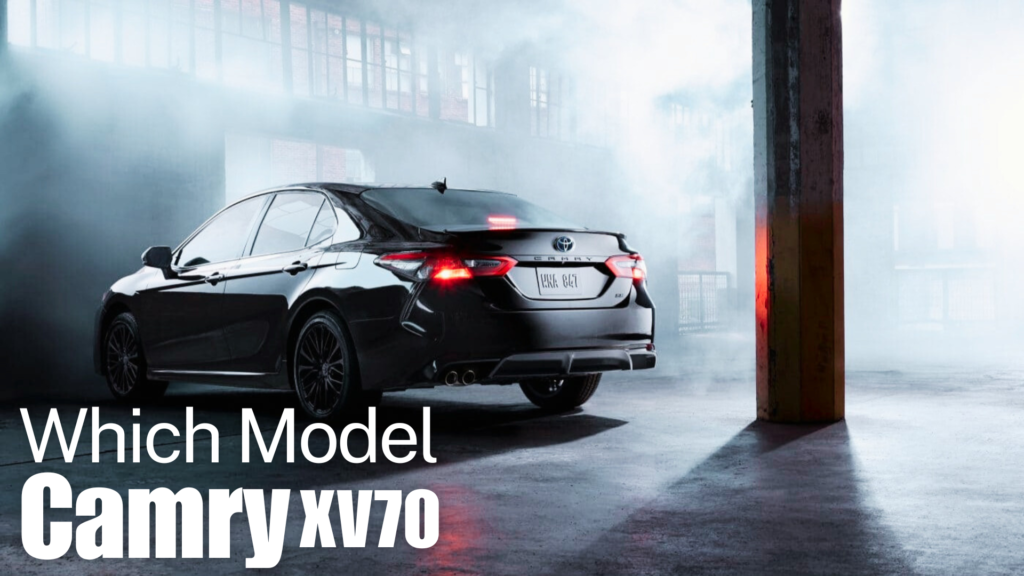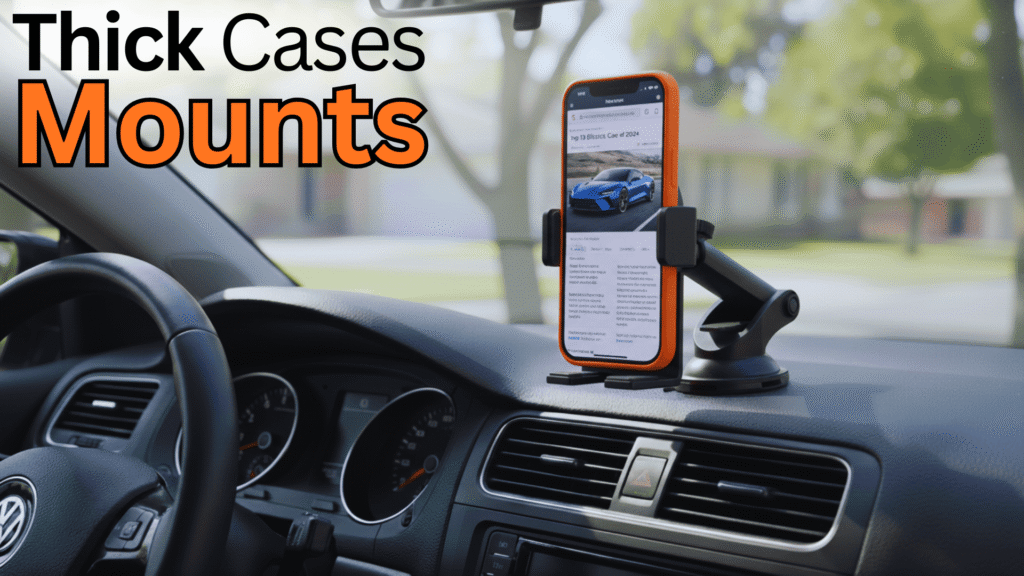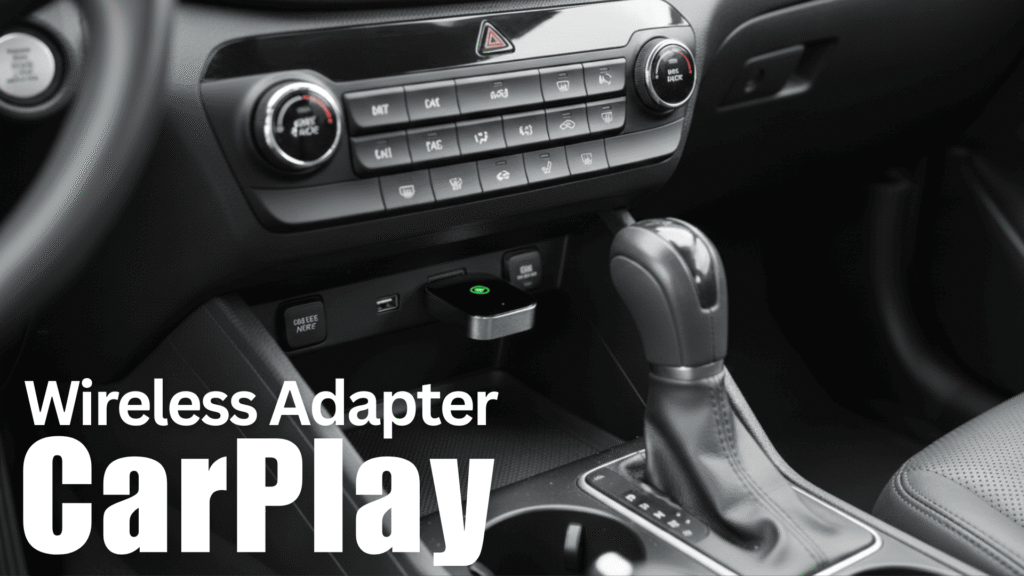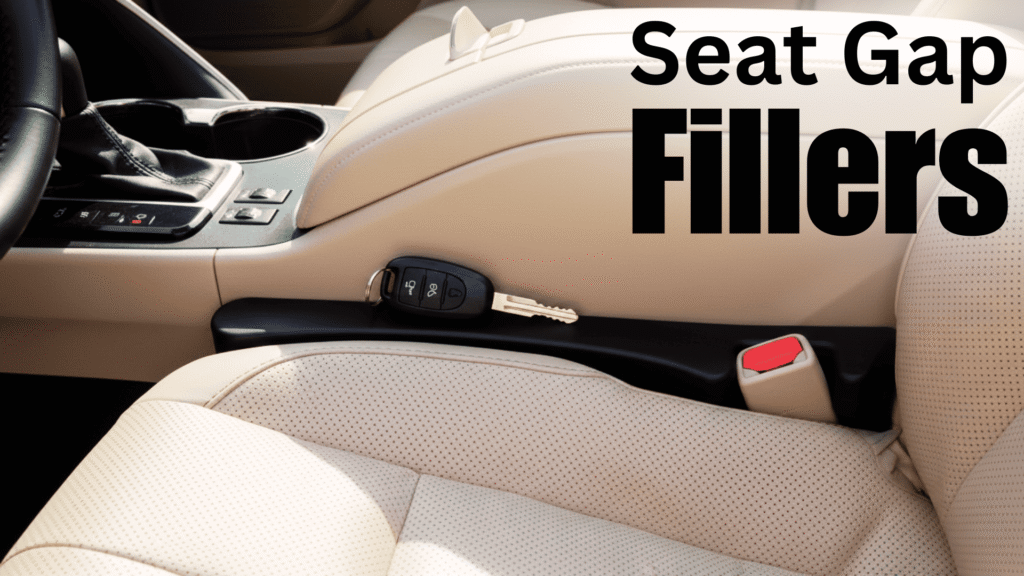The global automotive landscape is more competitive than ever, but Japanese carmakers continue to stand out as leaders in reliability, efficiency, and longevity. Sure, American and European brands have their own unique strengths like performance, luxury rides, stylish designs, and cool innovations, but Japanese brands always seem to come out on top in customer satisfaction and industry rankings.
So what’s the secret behind their lasting appeal? Let’s take a look at the key reasons and product strategies that keep Japanese automakers leading the pack and why car owners everywhere love them so much.
A Brief Look at Global Market Perceptions
Early Success and Expanding Influence
Back in the 70s and 80s, Japanese car manufacturers really started making their mark in Western markets. They built a name for themselves thanks to great fuel efficiency and reliable engines. With oil crises hitting and tastes changing, people found that Japanese cars offered cheaper and longer-lasting options compared to the bigger American and European models. Eventually, their reputation changed from being just budget-friendly to top-tier models especially as Japanese brands kept making bigger cars and moving into new market areas. This helped Japan become a major player in the automotive world.
Ever-Increasing Consumer Demand
Fast-forward to today, and Japanese models still dominate many best-seller lists across multiple segments—from compact cars (e.g., Toyota Corolla) to midsize SUVs (e.g., Honda CR-V) and pickup trucks (e.g., Toyota Tacoma). Even in luxury niches, Lexus (Toyota’s premium division) competes strongly with European giants like Mercedes-Benz and BMW, often surpassing them in reliability rankings and overall customer satisfaction.
Foundational Strength: Quality Control
Continuous Improvement
One big reason why Japanese brands do so well is their focus on continuous improvement. This idea has automakers improving each model little by little every year. They stick to tried-and-true methods and carefully test everything to spot any mechanical or electronic issues. As time goes on, these small tweaks add up, making cars that are really reliable and easy to use.
The Toyota Production System
The Toyota Production System or TPS brought some really innovative ways to make cars like lean production and the Andon cord. This allows workers on the front lines to stop the assembly line right away if they see any issues. With this kind of real-time quality check, the chances of big problems reaching customers go way down. It’s set a high bar that other car makers around the world have been trying to match.
Comparisons With American and European Brands
Below is a comparison table showcasing select models and data from Consumer Reports on reliability scores, along with estimated annual maintenance costs from YourMechanic.
| Brand & Model | Region | CR Reliability Score (2023) | Est. Annual Maintenance Cost | Key Strengths |
|---|---|---|---|---|
| Toyota RAV4 | Japanese | 4/5 | $420–$500 | Low running costs, advanced safety |
| Honda Accord | Japanese | 4/5 | $450–$500 | Balanced performance, durability |
| Ford Escape | American | 3/5 | $500–$650 | Roomy interior, decent tech |
| Chevrolet Malibu | American | 2–3/5 | $550–$700 | Comfort, safety features |
| BMW 3-Series | European | 1–2/5 | $800–$1,000 | Performance, luxury ride |
| Volkswagen Passat | European | 2–3/5 | $550–$700 | Solid handling, refined interior |
Key Observations:
- Japanese models (RAV4, Accord) typically score higher in reliability compared to many American and European competitors.
- Maintenance costs for Japanese vehicles generally remain moderate, reflecting ease of service and widespread parts availability.
- American and European cars can excel in specific niches (e.g., performance or luxury) but often lag behind in consistent reliability.
Technology and Innovation: Measured Progress vs. Rapid Change
Emphasis on Practical Tech
Japanese automakers are careful about rolling out new technologies. Instead of rushing complex features that could compromise reliability, they test thoroughly to ensure long-term stability. Toyota’s pioneering hybrid system in the Prius, for instance, underwent extensive validation before reaching production, resulting in one of the most dependable hybrid cars globally.
American and European Tech Leadership
While U.S. brands excel in large trucks, muscle cars, and cutting-edge EVs (e.g., Tesla’s rapid innovations), they sometimes face reliability issues when adopting advanced electronics or software too quickly. European manufacturers offer sophisticated safety systems and performance tuning but can experience high maintenance costs due to intricate engineering. Japanese brands tend to strike a balance—offering competitive technology without sacrificing the reliability they’re known for.
Cultural Components: Monozukuri and Enduring Reputations
Monozukuri (The Art of Making Things)
Along with Kaizen, Japan’s mindset of Monozukuri instills a sense of craftsmanship in every stage of production. This means every component—from bolts to engine blocks—undergoes rigorous quality checks. It’s a level of detail that resonates with consumers who want cars built to last, not just impress in a showroom.
Brand Trust and Consistent Performance
The trustworthiness of Japanese vehicles goes beyond a single model or year; it’s a consistent brand-wide reputation. For instance, owners of Honda Civics or Toyota Camrys often remain loyal, citing the minimal downtime and repair costs they’ve experienced over years—or even decades—of ownership. This loyalty feeds back into brand recognition, reinforcing the idea that “Japanese equals reliable.”
Global Market Implications and Future Outlook
Steady Sales and Expanding Segments
Toyota, Honda, and Nissan frequently appear on global top-seller lists, buoyed by strong demand in North America and regions like Southeast Asia. Models like the Corolla or CR-V maintain a universal appeal, blending affordability, comfort, and durability. In contrast, some American and European models are more specialized or premium-focused, limiting their overall market share.
Electrification and Autonomous Tech
As the automotive world shifts toward electrification, Japanese brands are adapting with a measured approach. Toyota continues to refine its hybrid and plug-in hybrid lineups and invests heavily in solid-state battery research. Nissan pioneered mass-market EVs with the Leaf, while Honda develops unique hybrid powertrains for core models. Although Tesla and some European luxury brands currently push boundaries on fully electric vehicles, Japanese companies are poised to deliver stable and reliable EV solutions for the mainstream market.
Final Thoughts
Japanese cars are super popular all around the world, and that’s because of a bunch of smart practices in how they make them and design them. For instance, they have this idea called Kaizen which helps keep production lines running smoothly and spotting any major issues before they become problems. Plus, there’s the Monozukuri culture that makes sure every little part of the car is up to snuff. This means owners can rely on their vehicles for years.
Now, while American car brands love to push the envelope with new ideas and European brands are known for their fancy rides, Japanese manufacturers really shine when it comes to providing solid, dependable options that drivers love. In a time when trust is key, Japanese car brands stand out, and car lovers everywhere totally agree.
If you liked this post, you should check out our article “German, Japanese & Korean Cars: Wonder how they compare?” and make sure to explore other parts of our site. Whether you want detailed car reviews, helpful buying tips, or the latest news in the auto world, we’ve got loads of stuff to keep you in the loop. So take a look around and don’t forget to bookmark our homepage for updates down the road!
- Best Car Interior Cleaning Kits: Make Your Cabin Look New
- Which XV70 Camry Year Should You Buy? A Tested Guide
- Magnetic Phone Mounts & Mounts for Thick Cases: That Actually Work!
- Best Wireless CarPlay Adapters for Older Cars
- Best Seat Gap Fillers for Leather Seats
- The Most Underrated Cars — Hidden Gems You Should Actually Consider
*Disclaimer: This website provides automotive content for informational purposes only and should not be considered professional advice. While we strive for accuracy, we do not guarantee the reliability or suitability of any vehicle or product mentioned—always conduct your own research before making purchasing decisions. Additionally, some links on this site are affiliate links, meaning we may earn a commission if you make a purchase, at no extra cost to you.







